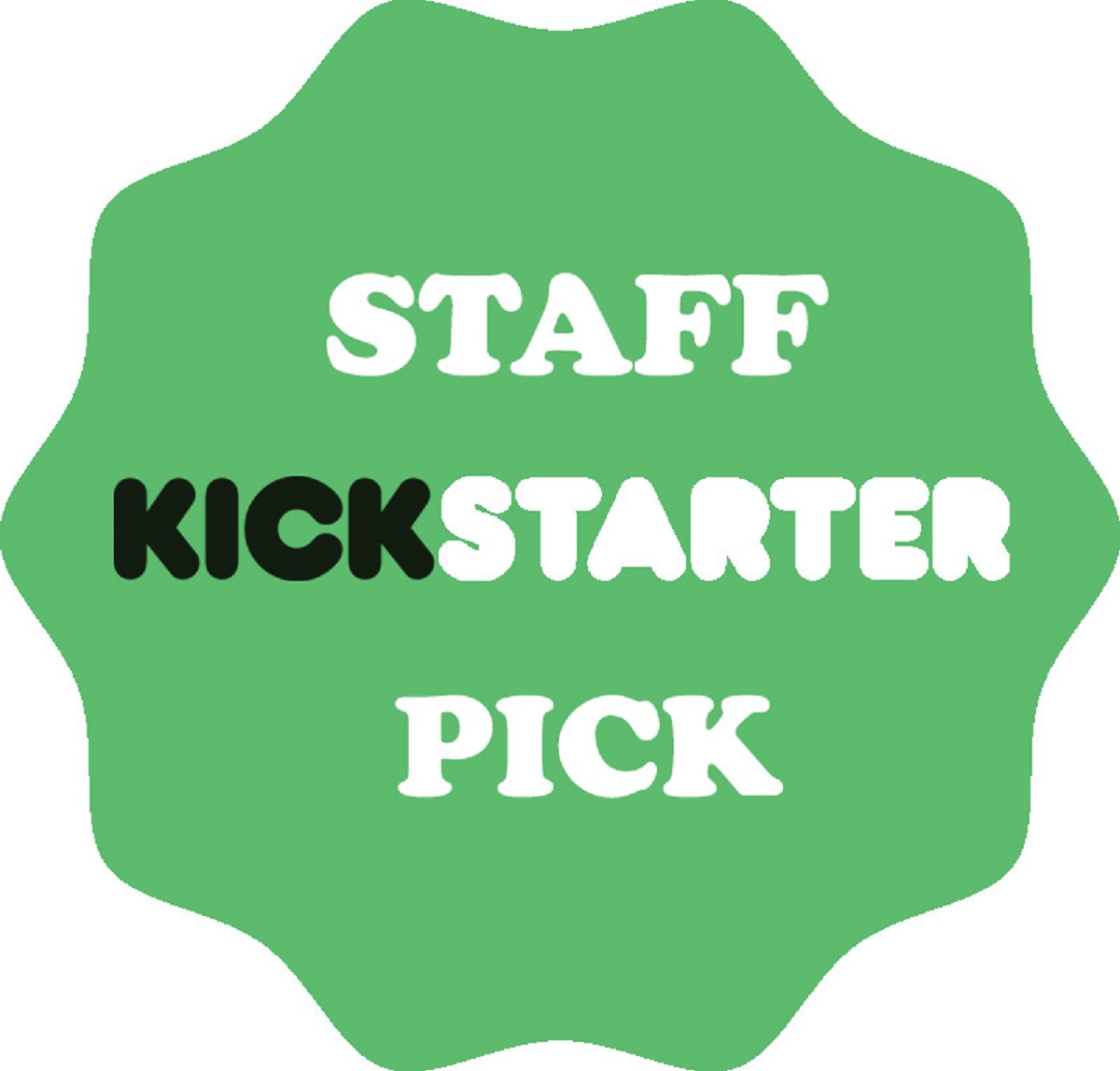Carbon Maps, the innovative carbon accounting startup specializing in the food industry, has recently secured new funding from key investors. The French-based company, which is less than a year old, has already secured a total of $7.6 million (€7 million), following a seed round extension of €3 million ($3.2 million).
Key Takeaway
Carbon Maps, a carbon accounting startup for the food industry, has attracted new backers and secured $7.6 million in funding. The company is developing a software-as-a-service platform focused on calculating the environmental impact of food products. By providing clients with detailed carbon footprints, eco-scores, and supply chain optimization solutions, Carbon Maps aims to drive sustainable practices in the food industry. With the impending implementation of the eco-score rating system in France, Carbon Maps is poised to further accelerate its growth and influence in the market.
In a previous article, I covered the launch of Carbon Maps this past February. I encourage you to read that article for a comprehensive overview of the company. However, I wanted to provide an update on recent developments. Carbon Maps successfully convinced Daphni, a prominent investment firm, to participate in the seed round. This comes after securing €4 million ($4.3 million) from investors Breega and Samaipata.
Carbon Maps: Focused on Environmental Impact in the Food Industry
What sets Carbon Maps apart from other carbon accounting startups is its laser focus on the food industry. The company is developing a software-as-a-service platform that allows companies to accurately calculate their environmental footprint at a granular, product-level scale.
Daphni partner, Stanislas Lot, expressed confidence in Carbon Maps, stating, “The first step in improving our impact on the environment is to measure and track it accurately. We are convinced that only a pure player like Carbon Maps has the capacity to do this at a sufficiently granular level to enable monitoring and improvement over time.”
Using Carbon Maps’ platform, companies can conduct a life cycle assessment of their products, taking numerous factors into account, such as energy consumption, supplies, packaging, transportation, and waste. The platform follows established guidelines from standardized sources like GHG Protocol, IPCC, ISO 14040, and 14044. It also considers carbon emissions under scopes 1, 2, and 3, enabling integration of indirect emissions from suppliers and clients.
Driving Sustainable Practices and Supply Chain Optimization
One of the key features of Carbon Maps’ platform is the ability to provide clients with an eco-score and help them set objectives to reduce their environmental impact over time. Additionally, the platform allows companies to compare and assess different suppliers based on their carbon impact, facilitating optimization of the supply chain.
Co-founder and CEO of Carbon Maps, Patrick Asdaghi, emphasized their focus on providing calculation tools rather than creating ratings. Asdaghi said, “We don’t want to create the ratings. We want to create the tools that help with calculations — a sort of SAP.”
Carbon Maps has already attracted a dozen clients who are utilizing their platform, including Andros, Sodexo, Potel&Chabot, the Bel milk producers’ association, and Foodles. This growing client base demonstrates the company’s traction within the food industry.
Changing French Regulations and the Future of Carbon Mapping
Carbon Maps is set to make even more waves in the coming months, as French regulations are evolving to implement a formal eco-score rating system. This will allow food brands to calculate and display a letter rating from A to E on their packaging. Similar to the nutri-score system seen in French supermarkets, the eco-score rating has the potential to create a virtuous circle of sustainability.
With the support of new funding and a strong focus on the food industry, Carbon Maps is well-positioned to continue making significant contributions in carbon accounting, driving sustainable practices, and optimizing supply chains in the fight against climate change.

























